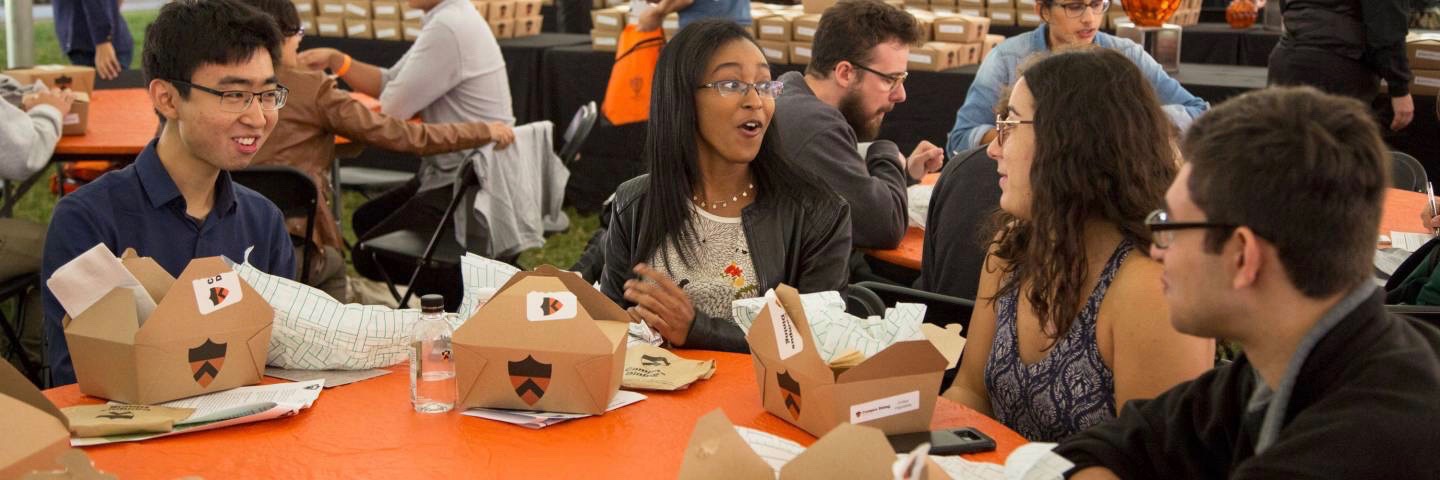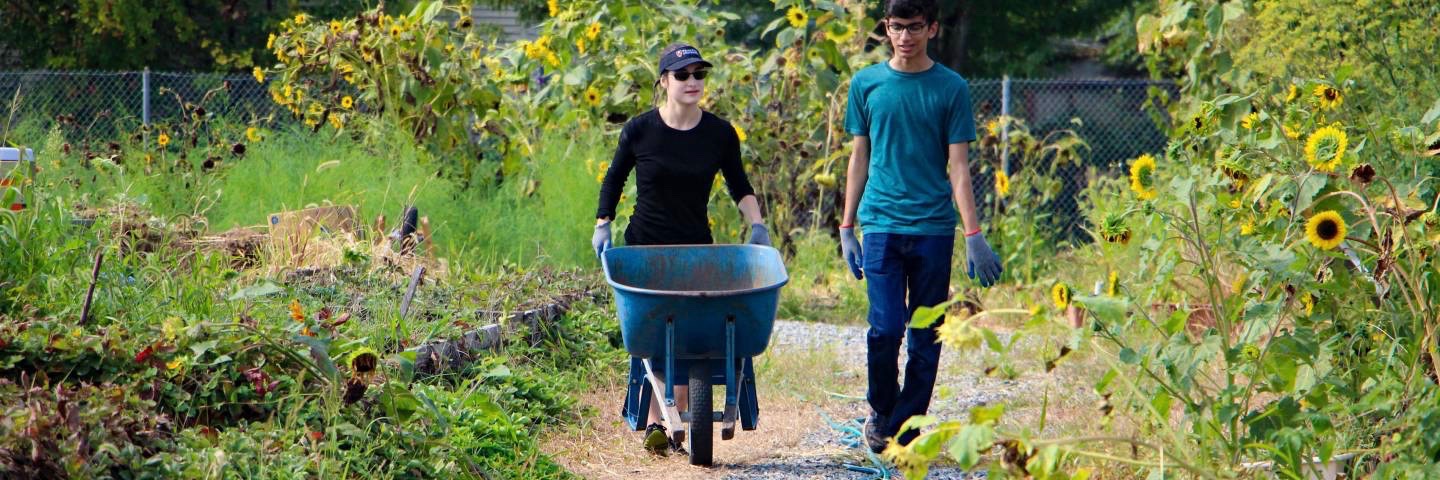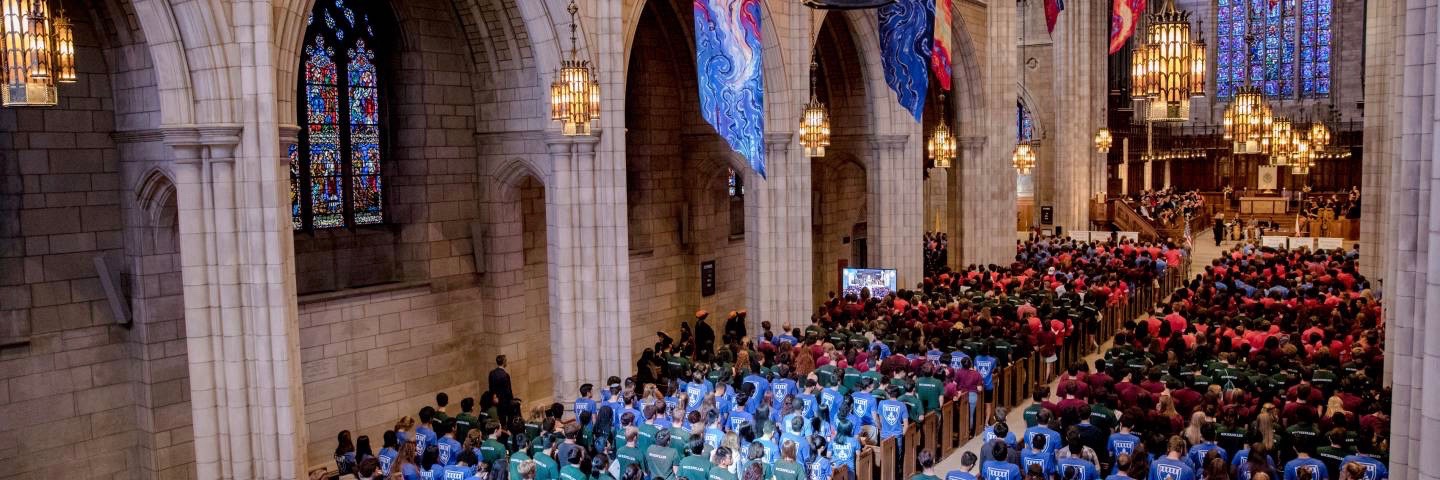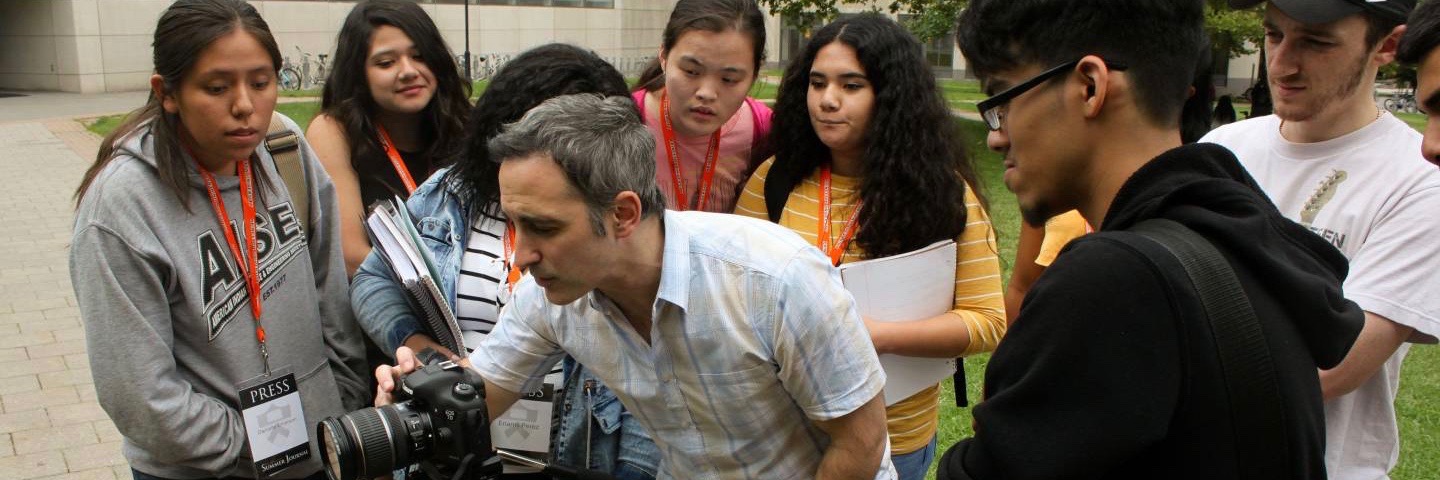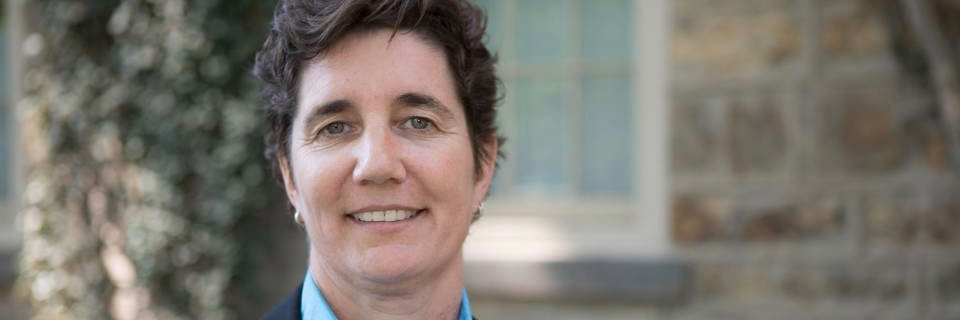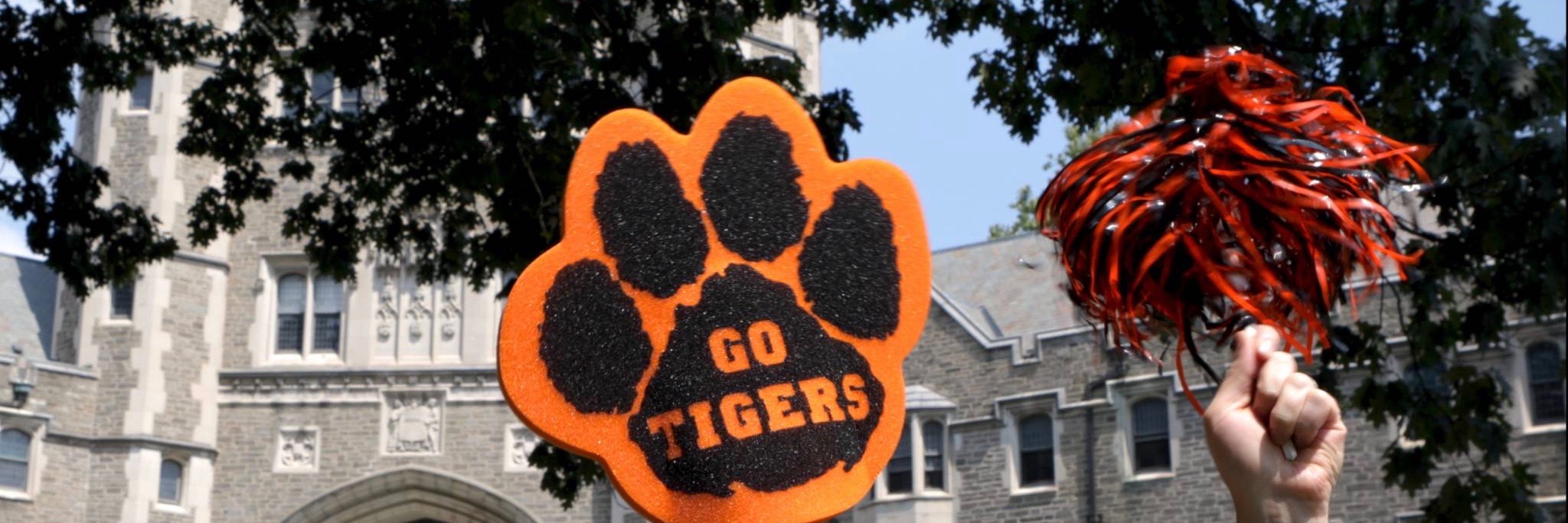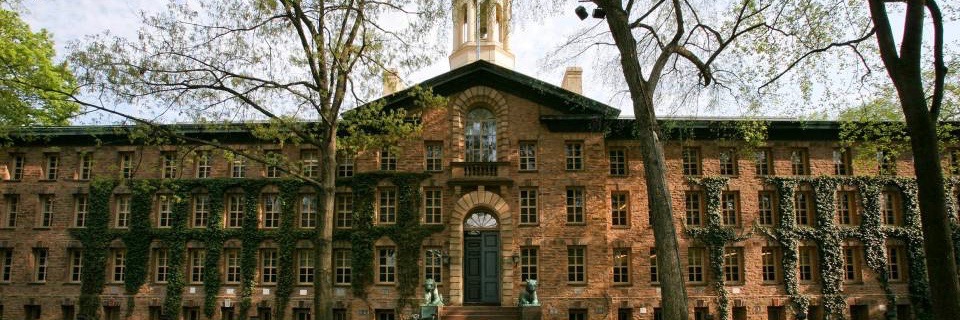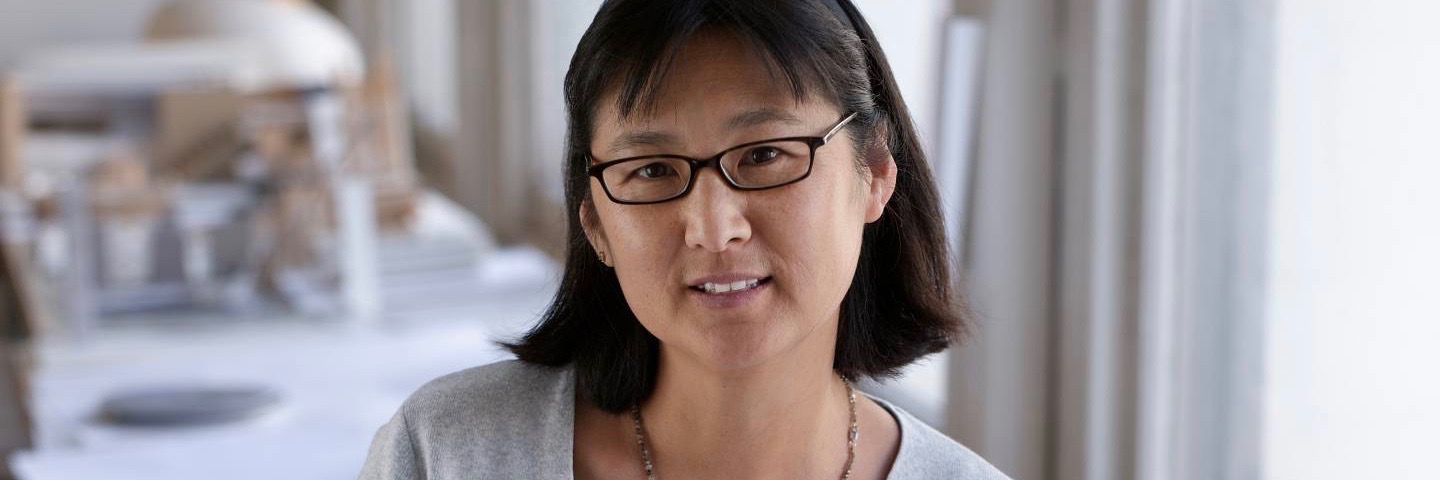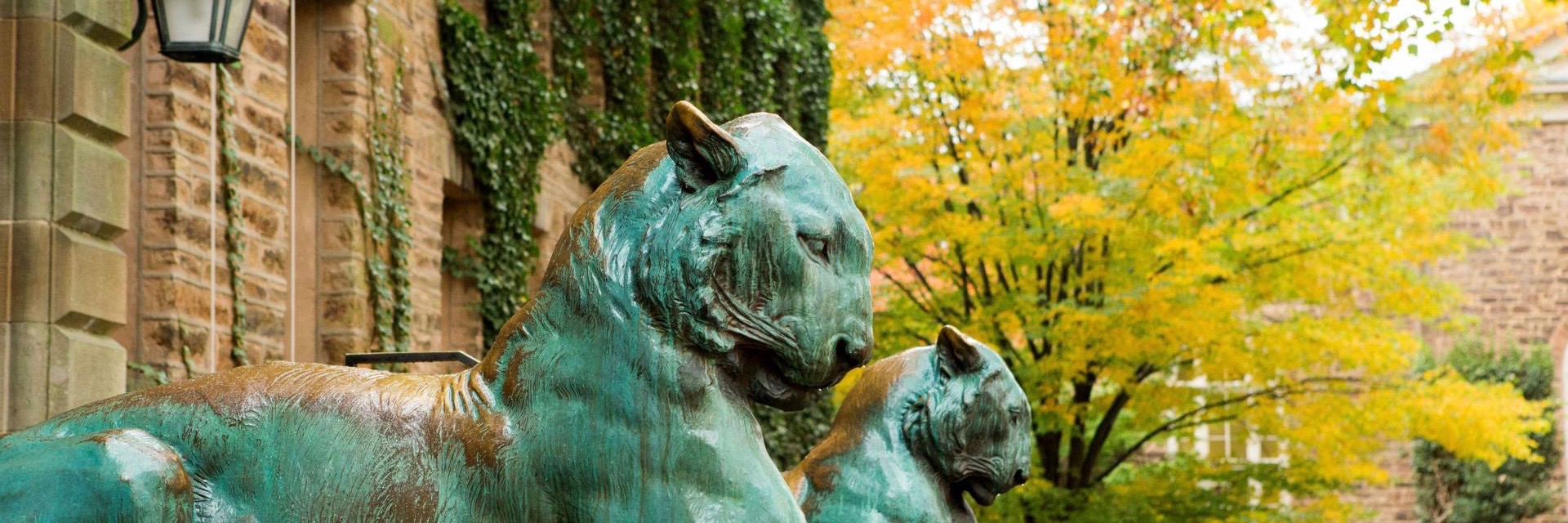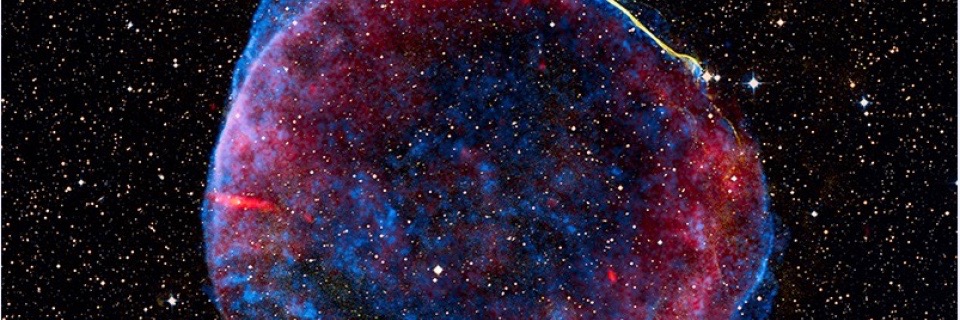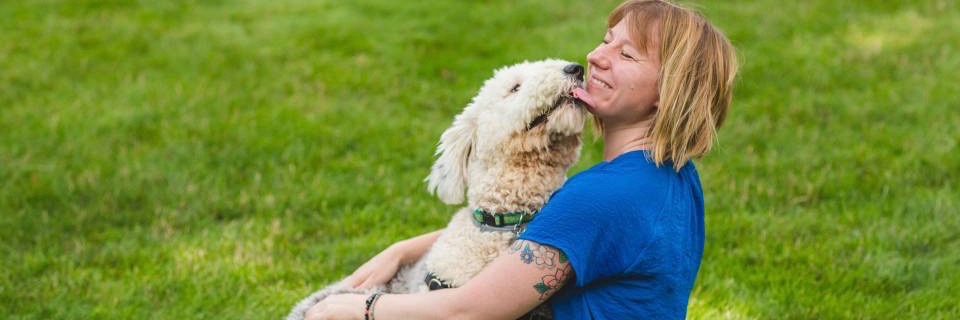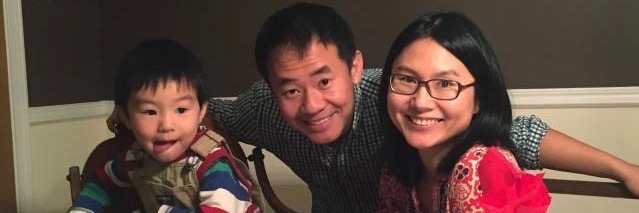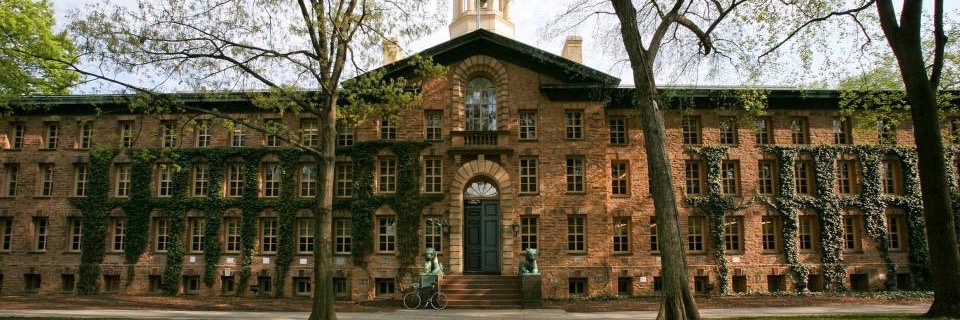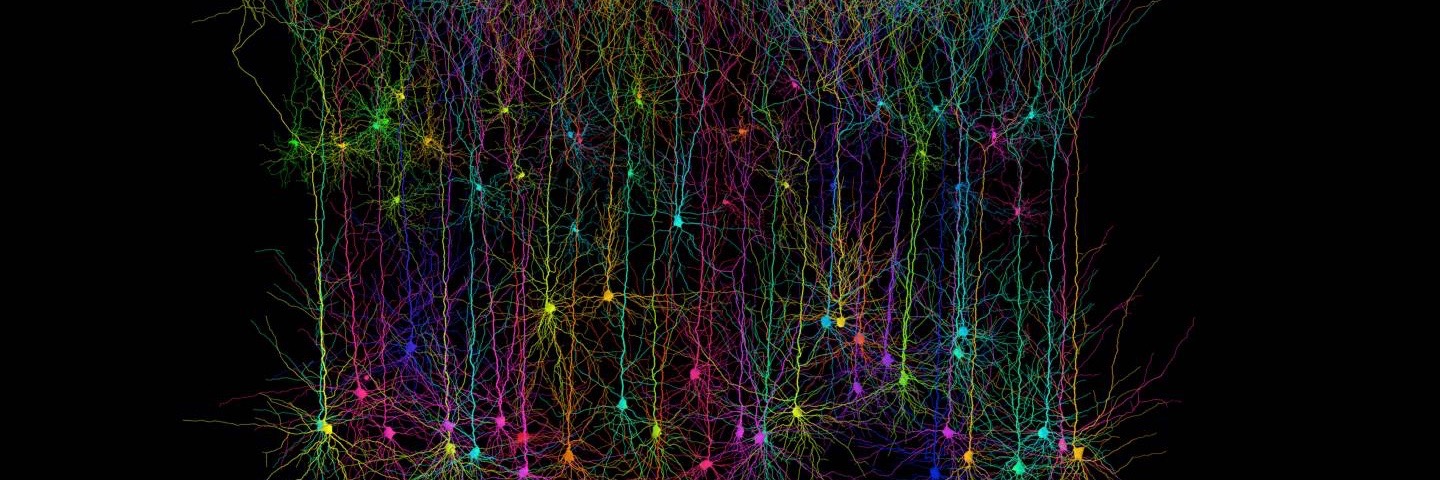 Princeton Neuroscience Institute researchers are joining with scientists from 19 other laboratories around the world to create the $15 million International Brain Laboratory (IBL).
Princeton Neuroscience Institute researchers are joining with scientists from 19 other laboratories around the world to create the $15 million International Brain Laboratory (IBL).
Category Archives: Uncategorized
What I think: John McPhee
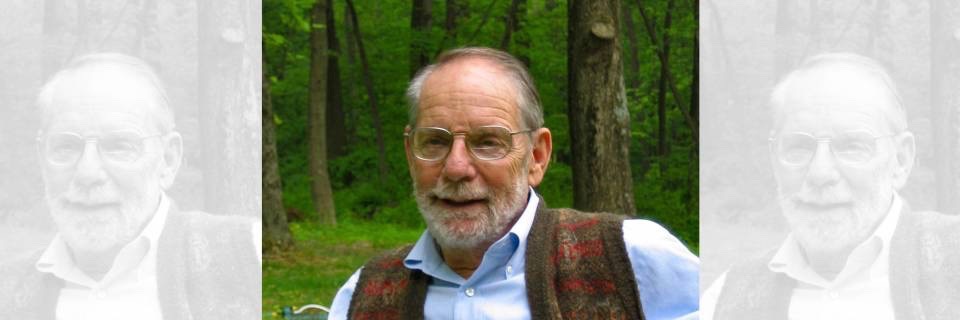 From his office in the fifth floor tower of Guyot Hall, home of the Department of Geosciences, John McPhee can look down through two vertical windows and see the office in McCosh Health Center where his father served as a medical doctor for Princeton University Athletics from 1928 until the late 1960s. McPhee, a Ferris Professor of Journalism in Residence, was born and raised in Princeton and attended elementary school at 185 Nassau St., now the home of Princeton’s Program in Visual Arts. A 1953 alumnus, he has taught writing at Princeton since 1975: his course, “Creative Nonfiction” (originally called “Literature of Fact”), offered each spring, is open to Princeton sophomores, by application, and limited to 16 students. To date, nearly 450 students have taken the course.
From his office in the fifth floor tower of Guyot Hall, home of the Department of Geosciences, John McPhee can look down through two vertical windows and see the office in McCosh Health Center where his father served as a medical doctor for Princeton University Athletics from 1928 until the late 1960s. McPhee, a Ferris Professor of Journalism in Residence, was born and raised in Princeton and attended elementary school at 185 Nassau St., now the home of Princeton’s Program in Visual Arts. A 1953 alumnus, he has taught writing at Princeton since 1975: his course, “Creative Nonfiction” (originally called “Literature of Fact”), offered each spring, is open to Princeton sophomores, by application, and limited to 16 students. To date, nearly 450 students have taken the course.
Four-day festival to celebrate opening of the Lewis Arts complex
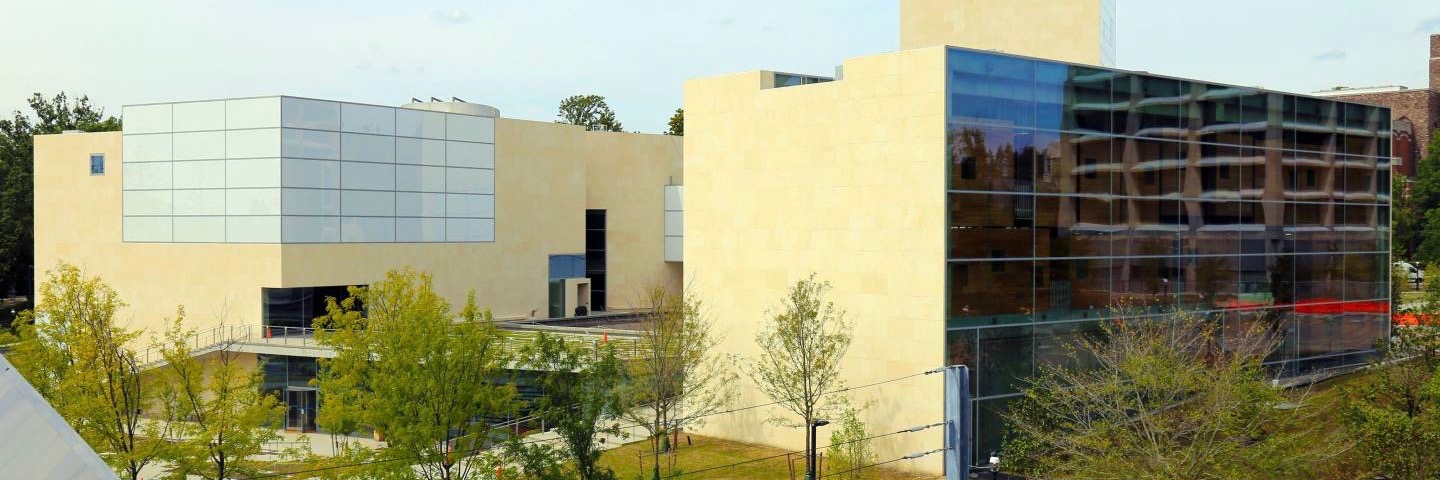
Princeton University’s Lewis Center for the Arts and Department of Music will celebrate the opening of the new Lewis Arts complex with a Festival of the Arts Oct. 5 through 8, open to the public.
Graduate School orientation focuses on academic success, community
Orientation for Class of 2021 emphasizes service, connection
Eisgruber emphasizes pluralism and the art of disagreement at Opening Exercises
Bilingual babies listen to languages — and don’t get confused
Doctors trained at lowest-ranked medical schools prescribe more opioids
Orange is the new green: How orange peels revived a Costa Rican forest
Exploring the impact of Princeton’s summer journalism program for high school students
Krahulik named senior associate dean for international programs and experiential learning
Advice for families of the Class of 2021
President Eisgruber urges congressional leaders to act quickly to protect DACA students
Princeton University President Christopher L. Eisgruber sent a letter to congressional leaders Tuesday urging them to place the highest priority on legislation that would provide immediate and long-term protection for young people enrolled in or eligible for the Deferred Action for Childhood Arrivals program, commonly known as DACA.
Maya Lin commissioned for outdoor installation at new Lewis Center for the Arts at Princeton
Welcome, Class of 2021
Scientists create first laboratory generation of high-energy shock waves that accelerate astrophysical particles
Throughout the universe, supersonic shock waves propel cosmic rays and supernova particles to velocities near the speed of light. The most high-energy of these astrophysical shocks occur too far outside the solar system to be studied in detail and have long puzzled astrophysicists. Shocks closer to Earth can be detected by spacecraft, but they fly by too quickly to probe a wave’s formation.
What I think: Paul Muldoon
The son of a market gardener and a schoolteacher, Paul Muldoon grew up near a village called The Moy on the border of Counties Armagh and Tyrone, Northern Ireland. The oldest of three children, he describes himself as “a bit of an eccentric child, a little bit of the family mascot” who was given privileges such as his own tiny room, where he spent hours as a teenager reading and writing poetry. After studying at Queen’s University, he worked in Belfast as a radio and television producer for the BBC and moved to the United States in 1987. His most recent book, “Selected Poems 1968-2014,” published in November 2016, draws from 12 previous books of poetry, including the Pulitzer Prize-winning “Moy Sand and Gravel.” He has served as the poetry editor of The New Yorker since 2007.
Researchers identify a common underlying genetic basis for social behavior in dogs and humans
Dogs’ ability to communicate and interact with humans is one the most astonishing differences between them and their wild cousins, wolves. A new study published today in the journal Science Advances identifies genetic changes that are linked to dogs’ human-directed social behaviors and suggests there is a common underlying genetic basis for hyper-social behavior in both dogs and humans.
Wife of Princeton graduate student imprisoned in Iran discusses his confinement, their hopes
On August 7, 2016, Xiyue Wang, a fourth-year graduate student in the Department of History at Princeton University, was detained and confined to Evin Prison in Tehran. Wang, an American citizen born in China, was in Iran solely for the purpose of studying Farsi and doing scholarly research in connection with his Ph.D. dissertation in his field, late 19th- and early 20th-century Eurasian history. In February, Wang was charged with two counts of espionage and in April was convicted and sentenced to 10 years’ imprisonment. An appeal is expected to be heard this summer.
Princeton’s Annual Giving campaign raises record-setting $74.9 million
Princeton University’s 2016-17 Annual Giving campaign raised $74,912,035, with 56.8 percent of undergraduate alumni participating. This historic achievement — Princeton’s first-ever Annual Giving campaign in excess of $70 million — represents strong performances across all of Princeton’s constituencies: undergraduate alumni, graduate alumni, parents and friends.

